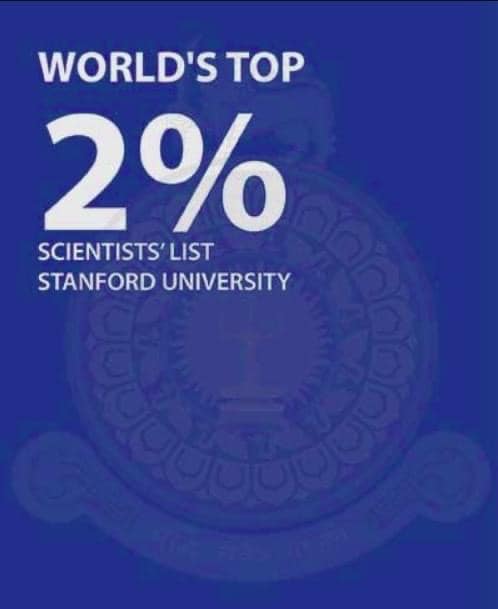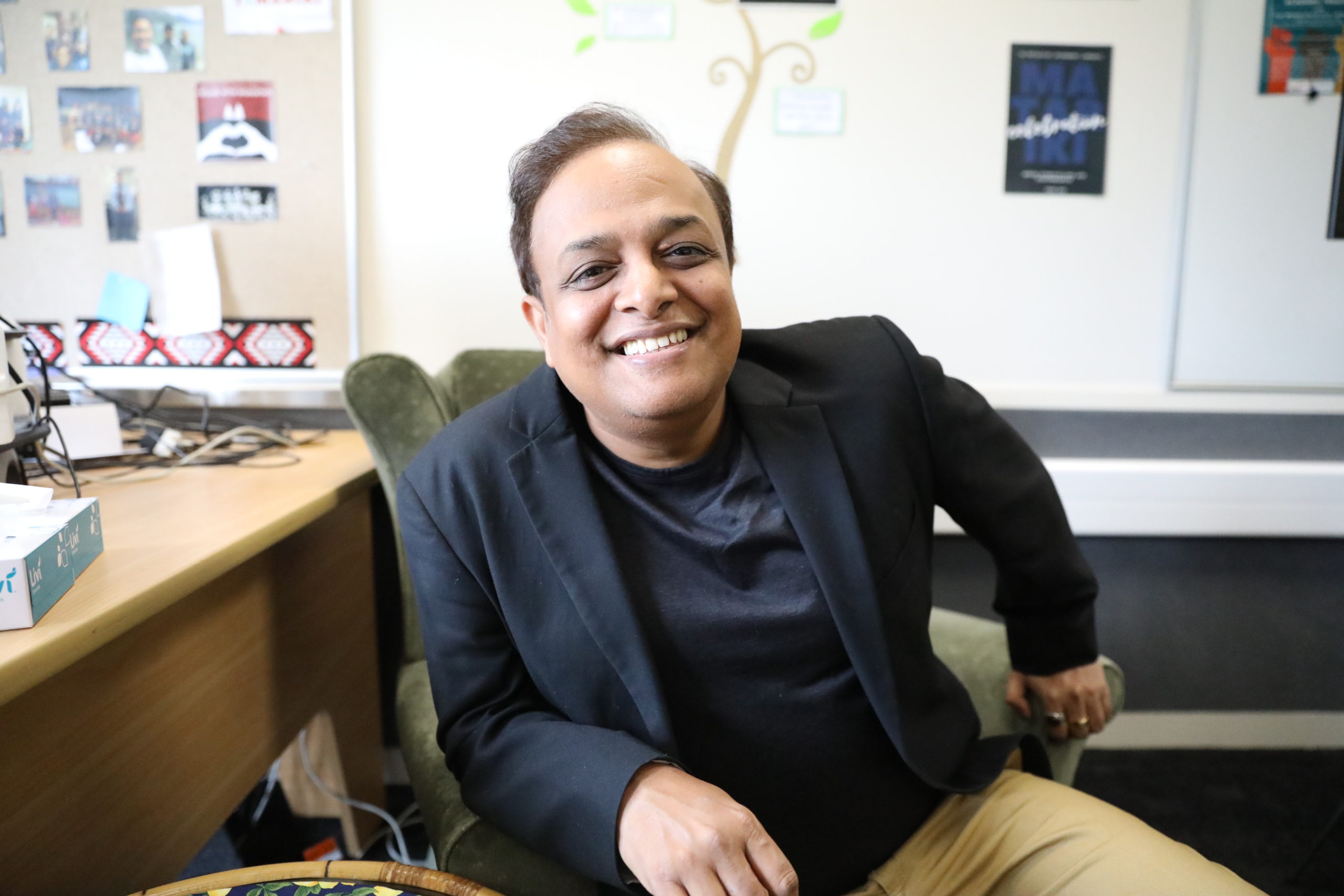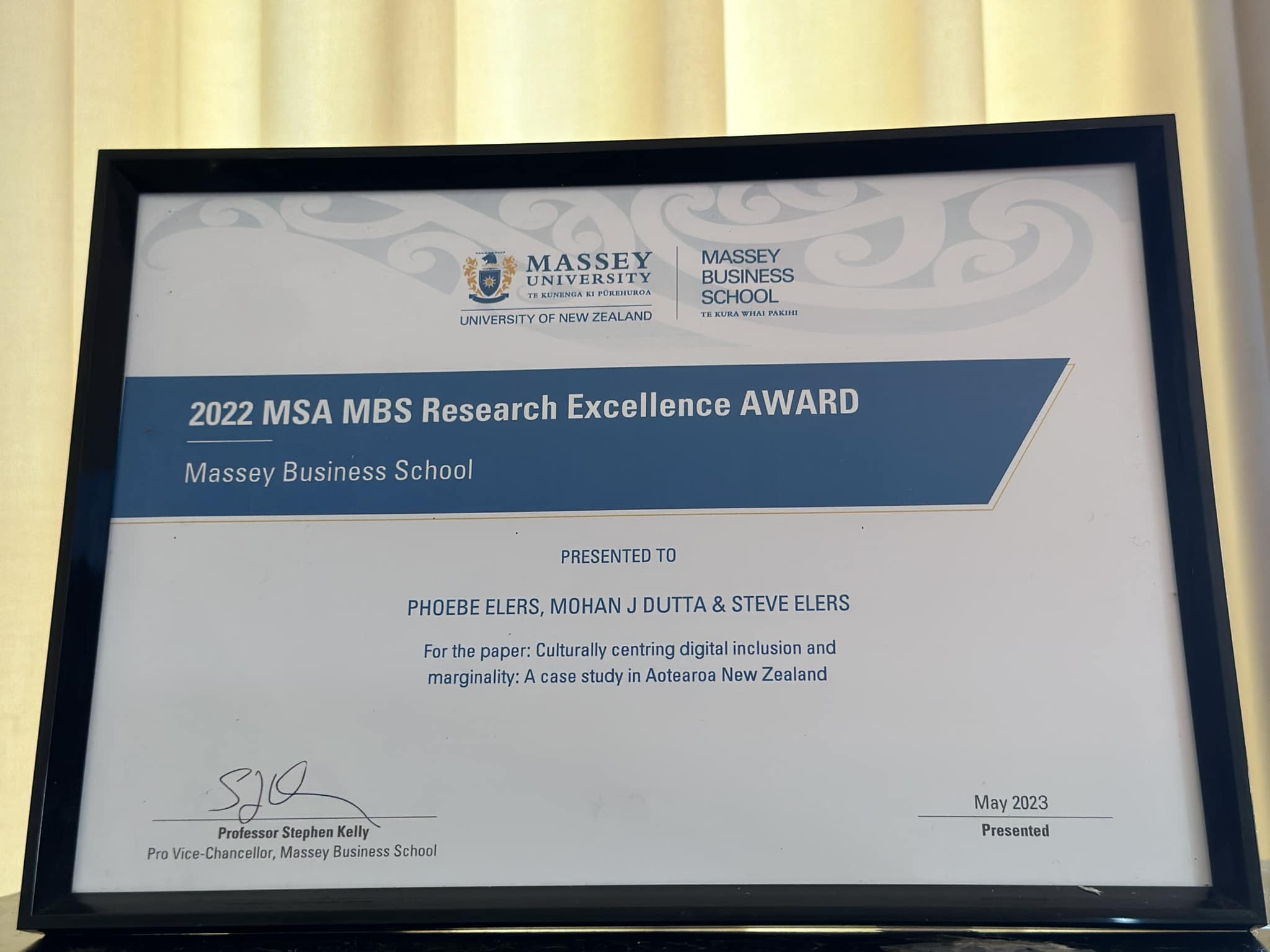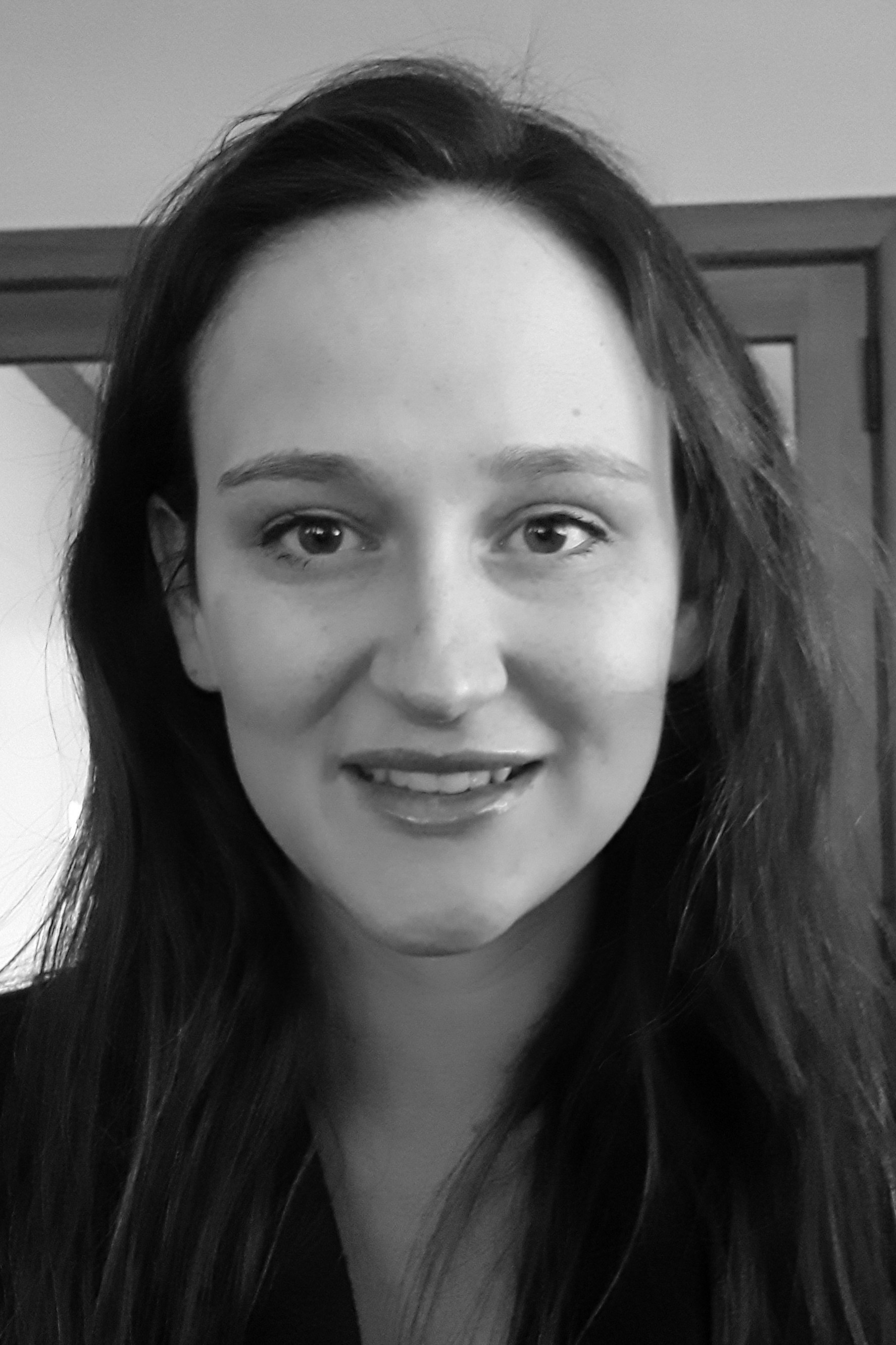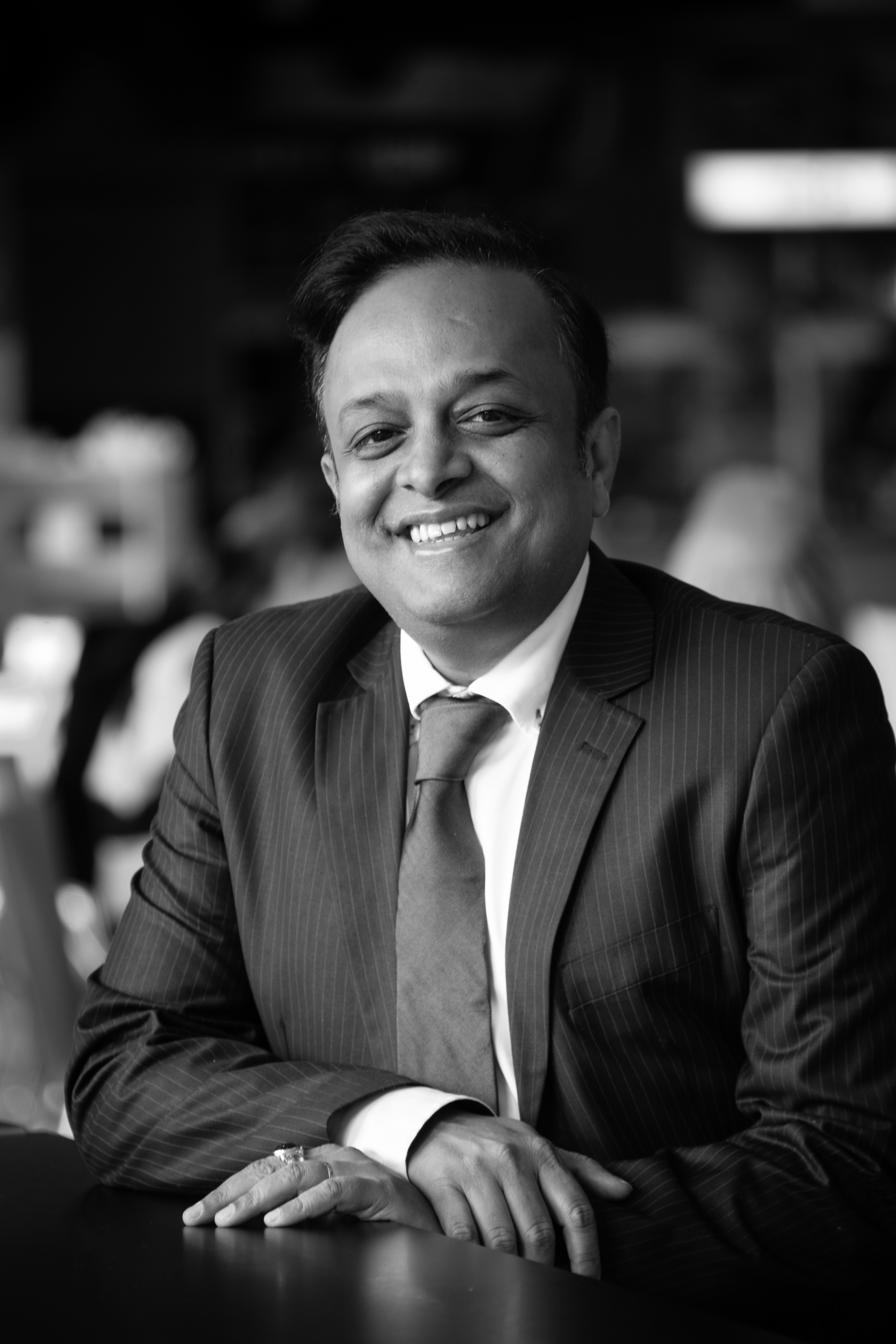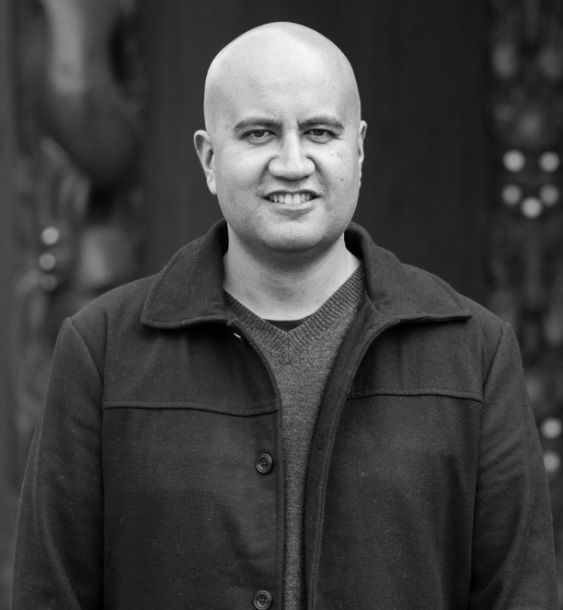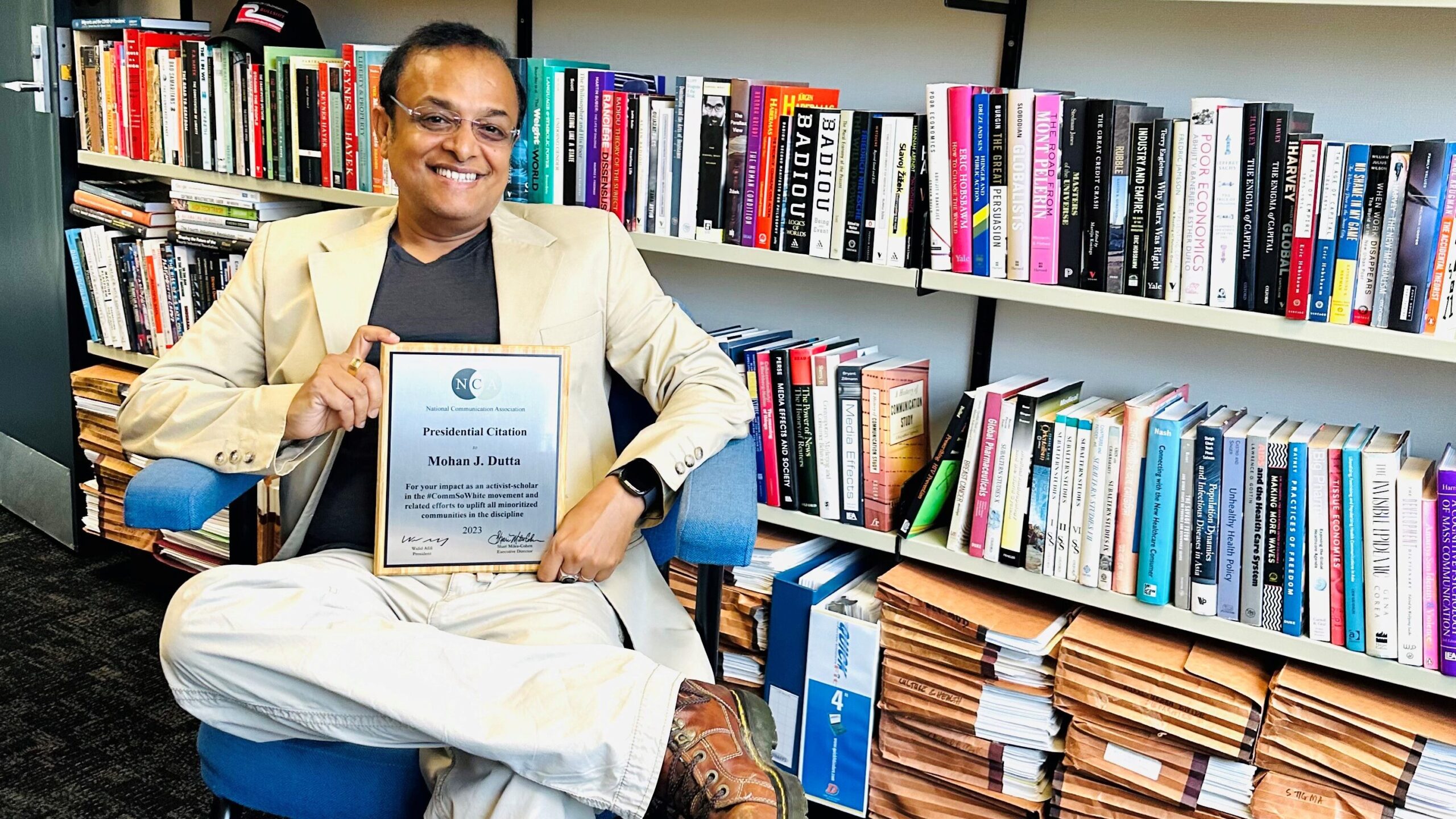
Professor Mohan Dutta, Dean’s Chair Professor of Communication and Director of the Center for Culture-Centered Approach to Research and Evaluation (CARE), has been commended by the NCA with the Presidential Citation for his impact as an activist-scholar in the #CommSoWhite movement.
The movement began as a result of growing recognition that the communication field was mainly dominated by white perspectives and preferences, which affected how people were recognised by their work. Resulting research supported the movement as it revealed how the field has historically ignored the contributions of scholars from diverse backgrounds.
Professor Dutta says he’s humbled to be part of a broader movement that is creating generative changes for minoritised scholars.
“Communication as a discipline is rooted in the intersections of colonialism and Empire, having historically worked to systematically erase diverse forms of scholarship. This is reflected in the plethora of ways in which knowledge is organised in the discipline. The #CommSoWhite movement is a critical part of the conversation to build spaces for transformation.”
Professor Dutta’s contributions involved efforts to uplift all minoritised communities in the discipline, including writing blog posts, developing interventions on digital platforms and collaborating with other activist scholars in the field. Together, they established digital spaces where scholars could express their experiences and challenges regarding inclusion in the discipline.
Alongside Syracuse University’s Professor Amardo Rodriguez and Georgia Southern University’s Associate Professor Elizabeth Desnoyers-Colas, Professor Dutta co-edited the special issue of Departures in Critical Qualitative Research on ‘Merit, Whiteness and Privilege’. In his role as Editor of the Journal of Applied Communication Research, Professor Dutta played a key role in establishing a platform for diverse forms of scholarship addressing communication practice. This initiative involved launching a new section within the journal titled ‘Communication Intervention’, which sought to highlight a wide range of community-engaged, place-based scholarship.
While grateful for this recognition, Professor Dutta says there is still much work to be done in advancing equity and inclusivity within academic spaces.
“We need to continue to build critical interventions that bring about changes to how scholarship is understood and recognised. Doing this work brings about risks from being targeted by structures of whiteness, and my current energies are focused on how we safeguard academic spaces for scholars doing the brave work of challenging these structures.”
About the National Communication Association
The NCA advances communication as the discipline that studies all forms, modes, media and consequences of communication through humanistic, social scientific and aesthetic inquiry. The NCA serves the scholars, teachers, and practitioners who are its members by enabling and supporting their professional interests in research and teaching.
Dedicated to fostering and promoting free and ethical communication, the NCA promotes the widespread appreciation of the importance of communication in public and private life, the application of competent communication to improve the quality of human life and relationships and the use of knowledge about communication to solve human problems.
Article Source: Professor Mohan Dutta’s academic-activism recognised with prestigious Presidential Citation – Massey University

